Marina operators and New Zealand boat owners are facing an increasing challenge in the form of antifoul effectiveness.
Anecdotally, we are now hearing that some vessels are accumulating barnacle growth in a matter of weeks after antifoul application – not only in Auckland but further afield
We understand and support the EPA’s 2013 review, which removed products harmful to the environment and to human health, which resulted in some products being removed from circulation immediately and others from 2023.
However, we are very concerned about the lack of viable alternatives making it to the local market, the impact of this on our customers, and the potential consequences for the environment.
We need a choice of safe and effective antifoul products on the market that enable boat owners to maintain their boats and manage biofouling.
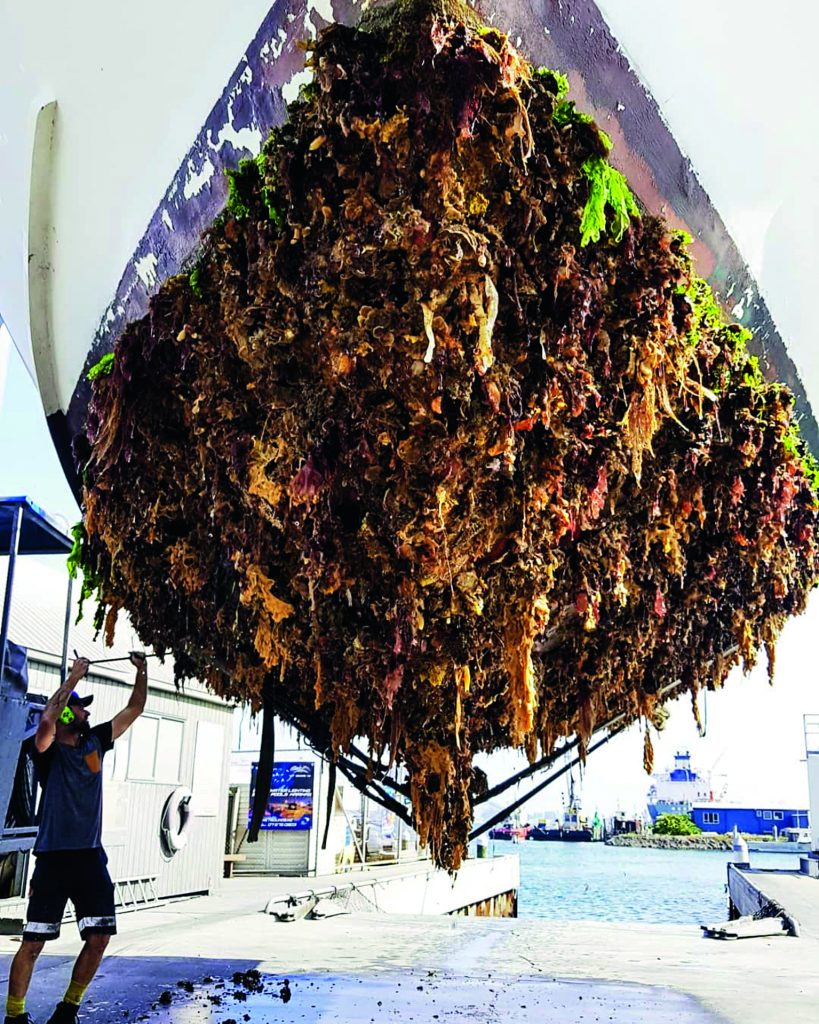
I’ve been closely following developments overseas. By way of example, AkzoNobel’s B-Free and Altex’s Repell products are already delivering excellent results for boat owners overseas and in local trials. Yet we seem to be stuck in a regulatory holding pattern when it comes to making them available to customers.
There are unintended consequences to the lack of access to effective antifoul coatings. When boats foul up faster, they’re cleaned more often, which means more sanding, more antifoul applications, and greater risk of contaminants entering our waters. If boat owners delay, avoid, or take shortcuts related to maintenance and antifoul application, they are likely to create greater environmental impacts and also be at higher risk of transporting pest species from place to place.
The system is broken when internationally proven, safer products are delayed by years of paperwork while older, less effective options remain our only legal choice.
We invite feedback from the industry, and we request an urgent review of the antifoul product approval pathway. We must find a way to enable access to products that support both boat owners and the environment.
Postscript
Following the publication of this article, HullWell Advanced Marine Coating Technologies, distributors and technical support providers for Coppercoat MultiSeason Antifoul Coating, provided feedback.
They said
A distinction must be made between traditional antifouling paints, whose performance is adversely affected by the 2023 EPA restrictions, and other coatings that continue to deliver highly effective protection against fouling. Included are Hempel and Propspeed foul release coatings and Coppercoat ten-year-plus, non-eroding epoxy antifoul coating. All are EPA compliant and subject to continuous improvement processes to combat new and aggressive forms of fouling in New Zealand.
By Chris Galbraith,
Chair New Zealand Marina Operators Association (www.nzmoa.com)








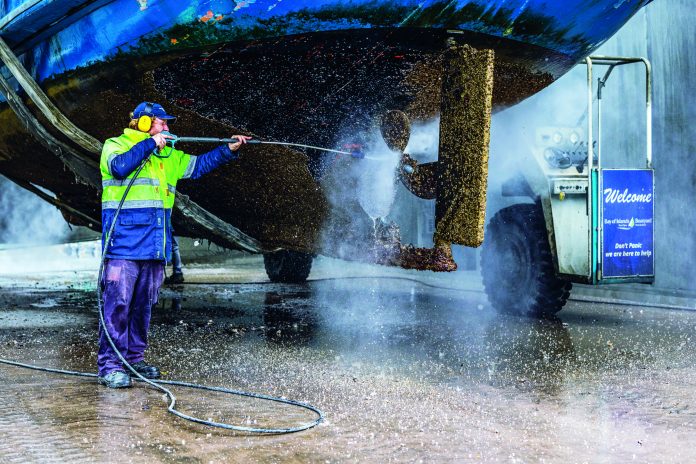



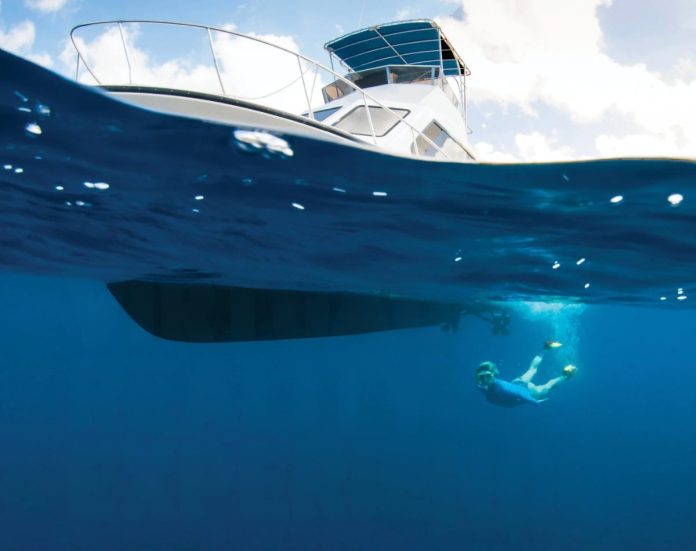
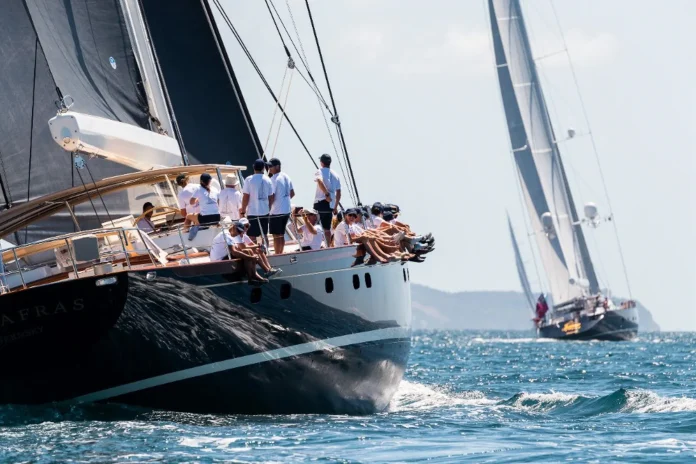
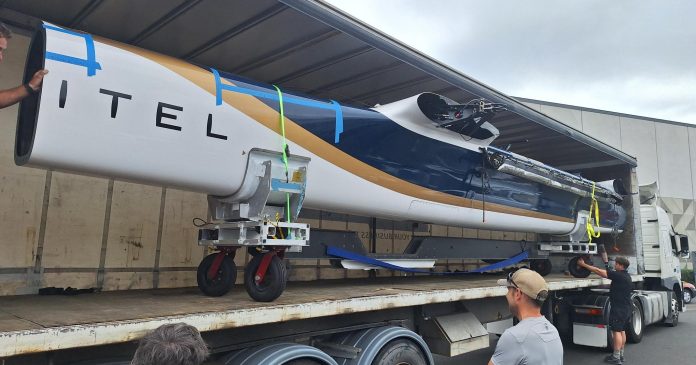
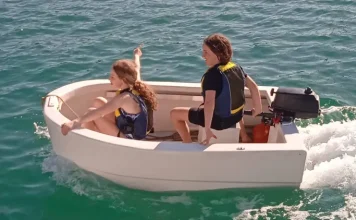
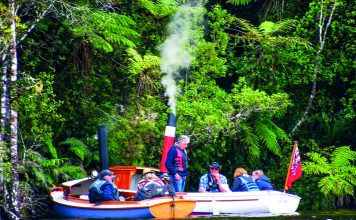
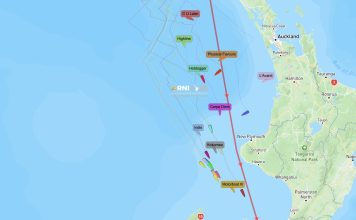
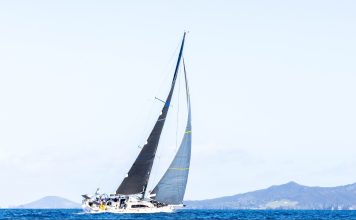
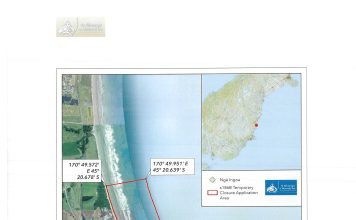
I totally agree,products of late are ineffective-lasting a few weeks at best. They’re getting more expensive and not worth using. In particular the range for aluminium vessels.
I Would love to have access to B-free or other alternatives.